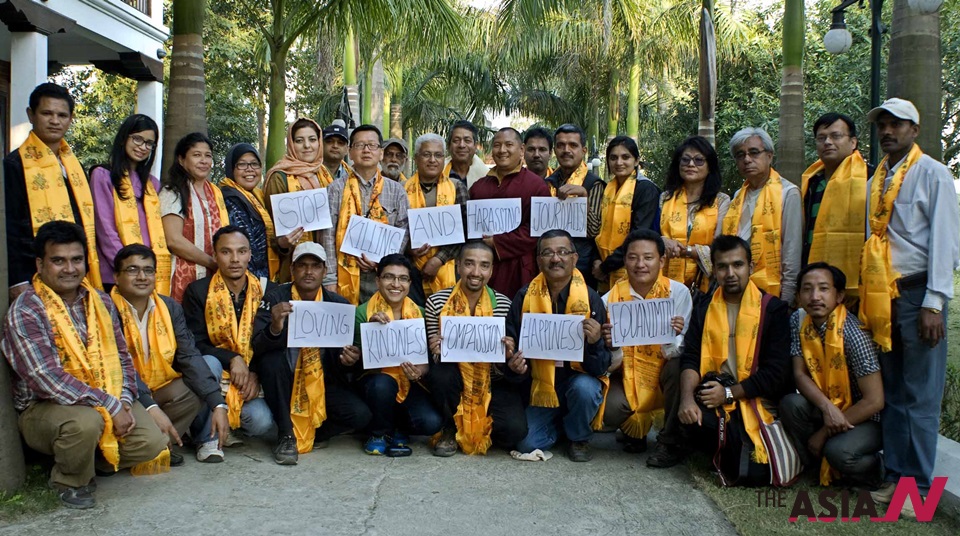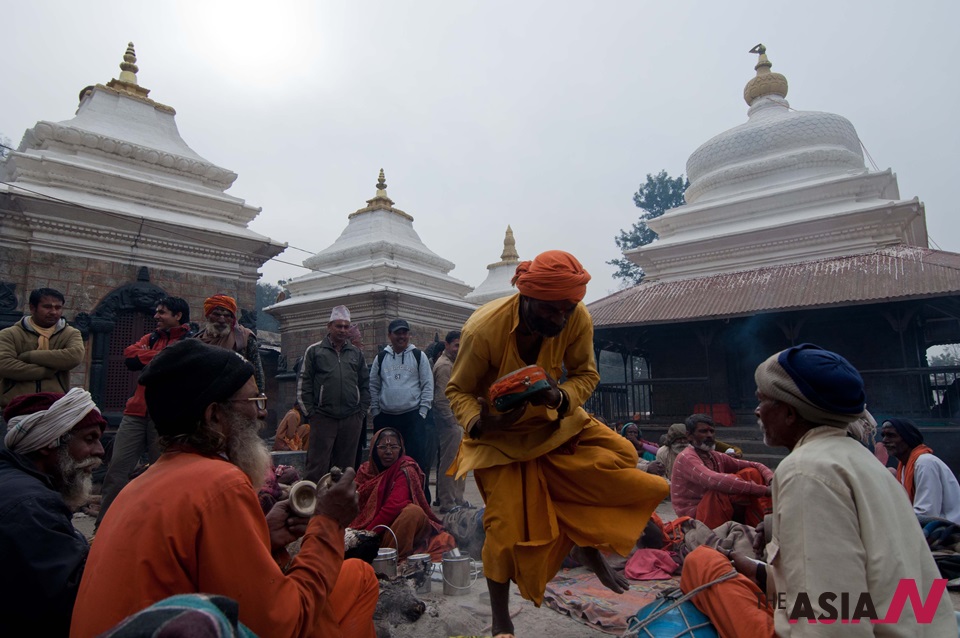Maoists’ shutdown increases uncertainty over Nepal’s political future

The Communist Party of Nepal Maoist (CPN-Maoist), the breakaway faction of the Unified Communist Party of Nepal (UCPN-Maoist), has posed a risk to the November 19 Constituent Assembly polls by calling transportation strike for nine days beginning from November 12 to November 19.
Although the ultra leftist party that decided to boycott the CA election earlier announced that it would impose a 10-day general strike to foil the election, it reduced the general strike for one day on November 11 under the pressure of local and international organizations.
However, its general strike of Monday was defied largely in many parts of the country and it has little effect on election campaign. Motorcycles, cars and a few public vehicles continued their service in Kathmandu. But the Bandh enforcers planted petrol bombs in many places outside the valley and terrified the locals. The Nepal army personnel diffused dozens of bombs planted across the country. However, no casualty was reported on Monday.
On the first day of transportation strike on Tuesday, scores of vehicles were vandalised and bombs were planted at different parts of the country. Three vehicles were vandalised for defying the strike in Kathmandu.
A moving passenger bus was torched by an unidentified group in Chitwan, western Nepal on Monday night. It was in Chitwan were the Maoists had killed 38 passengers by bombing a bus in July 2005.
Despite the vandalism and bomb terror, larger number of vehicles was seen plying along the roads in Kathmandu and elsewhere. With the transportation strike and plantation of bombs, many voters have feared to go to their home villages to cast their votes in the polls, which is sure to affect the turn out of the voters in the crucial election.
Although the breakaway faction has officially announced the transportation strike in the eve of election, many suspect the hands of its mother party– UCPN-Maoist in many of the arson and bombings.
The UCPN-Maoist which waged an armed conflict from 1996 to 2006 killing some 17,000 people had emerged as the largest party in 2008 polls by creating fear among the voters. However, with the conclusion of the peace process, people stopped fearing the party and the party is likely to lose its earlier position of the largest party in the CA.
“When the UCPN-Maoist feared it will lose the polls, it is now creating terror in the name of the CPN-Maoist. Incidents of bomb blasts will discourage people from visiting the polling booths,” said one Nepali Congress activists under the condition of anonymity.
Although no one can tell exactly whether the strike was a ploy of both Maoist parties to sabotage the election, it will surely affect the poll environment. The government too has tightened the security keeping in mind the growing vandalism and incidents of bombs. Police arrested dozens of activists involved in vandalism on Monday and Tuesday.
The government and the Election Commission have completed preparations for the polls. The civil servants have already been deployed in all poling centres and the ballot papers have reached the district headquarters. The EC is now busy dispatching the voters’ identity cards. As such, the government and the key political parties look committed to hold the polls in the stipulated date while the communists too look prepared well to disrupt the polls.






